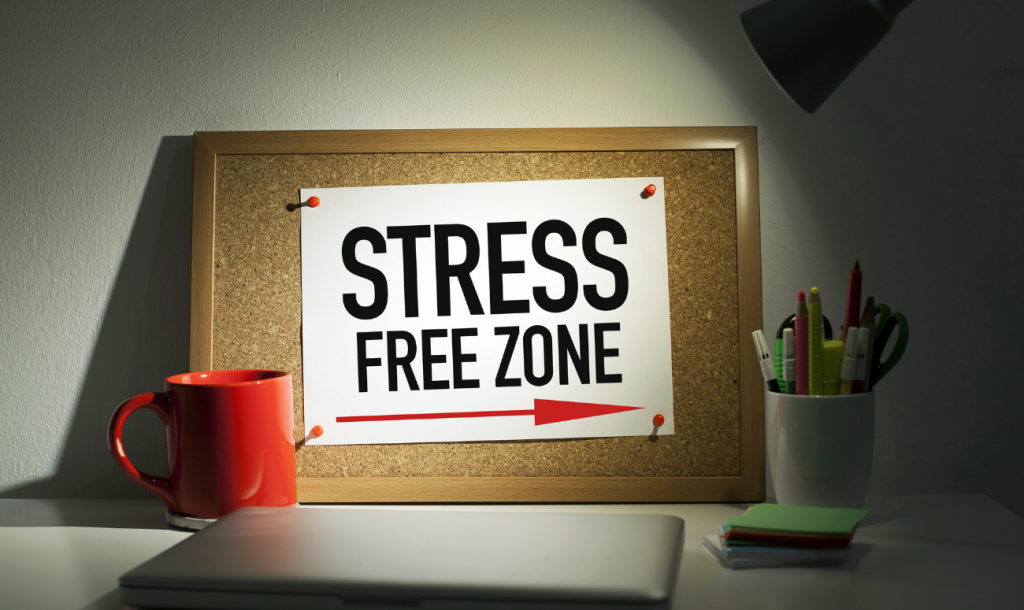One of the biggest concerns of our modern day lives is the stress we gather at workplaces. It is a growing problem all around the world which affects the health and well-being of the employees as well as the productivity of organizations. This kind of stress arises when the workload exceeds the person’s capacity and capability to cope.
What are the factors causing stress at work?
Multiple factors can build up work tension in your life. It is essential to identify these stressors and deal with them in time to avoid serious repercussions in the future. Here’s a quick list of some common workplace stressors.
- Long work hours
- Heavy workload
- Job insecurity
- Conflicts with co-workers/bosses
- Tight deadlines
- Insufficient skills for the job
- Over-supervision
- Inappropriate working environment
- Few promotional opportunities
- Harassment
- Discrimination

What are the indicators of such stress in your life?
In case you feel that you are facing work-related stress, watch out for these common symptoms you may encounter in your daily life.
- Fatigue
- Muscular tension
- Headaches
- Insomnia
- Gastrointestinal disorders
- Dermatological disorders
- Depression
- Anxiety
- Feelings of discouragement
- Reduction of cognitive abilities
- Aggression
- Increase in absenteeism
- Diminished creativity
- Mood swings
- Impatience and lower tolerance
- Isolation
Stress at the workplace can at times be highly destructive and it is essential that we treat it like a regular illness. Sometimes discussing your problems with your boss or HR manager may help, or in severe cases, one should seek professional help.
You can help yourself.
You are the first help available to you. Here are a few things that you can do to handle stress yourself.
#1 Focus on the part that is in your control and give your complete attention to acting upon it. Avoid reacting to things beyond your control.
#2 Make use of de-stressing techniques like deep breathing after a heated meeting.
#3 Take out a few minutes in planning your day. Having a schedule in place can help you remain focused on important tasks.
#4 Incorporate necessary lifestyle changes to improve your quality of life.
#5 Take care of yourself. Exercise regularly and eat healthy food. You can also try meditation or yoga, which would relax your mind
#6 Speak up and be vocal about your issues
#7 Seek professional help/counselling in case you feel things are not in your control anymore.

How can companies help?
Work stress is essentially a management related issue. It is important for employers to recognize that this becomes a significant health and safety issue, and one needs to take some steps to bring back the balance.
#1 Ensure a conducive work environment.
#2 Provide proper training.
#3 Openly discuss work-related issues with employees.
#4 Devise a stress management policy.
#5 Encourage an environment where employees have more say over duties, promotional prospects, and safety.
#6 Take into consideration the personal lives of employees.
#7 If required seek advice from health professionals.

Summing Up:
For the growth of the individual as well as the organization, it is pertinent to pay attention to the mental and physical well-being of the employees and ensure that stress which happens at work is kept at bay. Managing stress in the workplace is therefore an essential part of both individual and corporate responsibility.
Read More: WOMEN EMPOWERMENT IN THE RURAL AREAS OF KUTCH






























